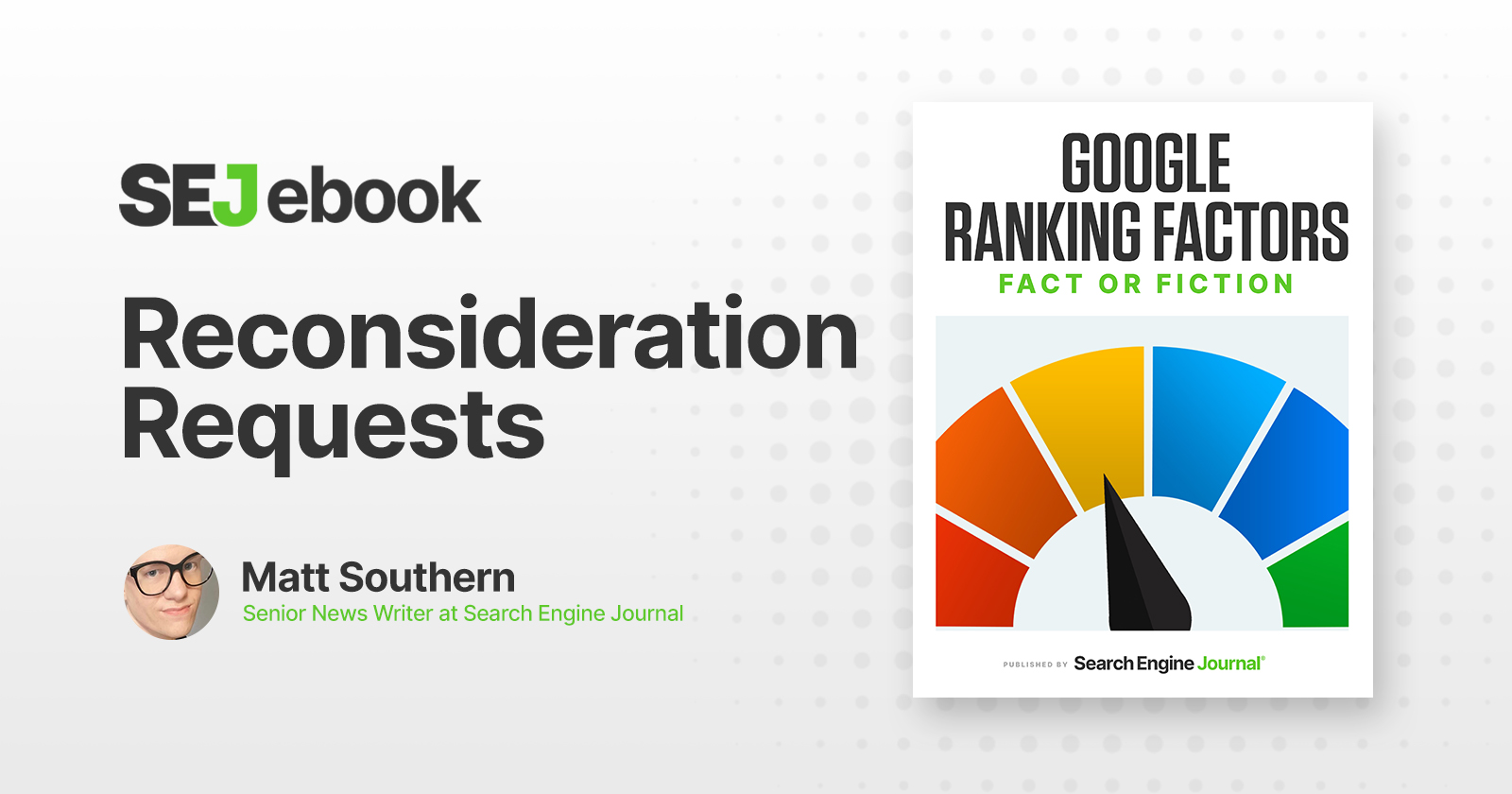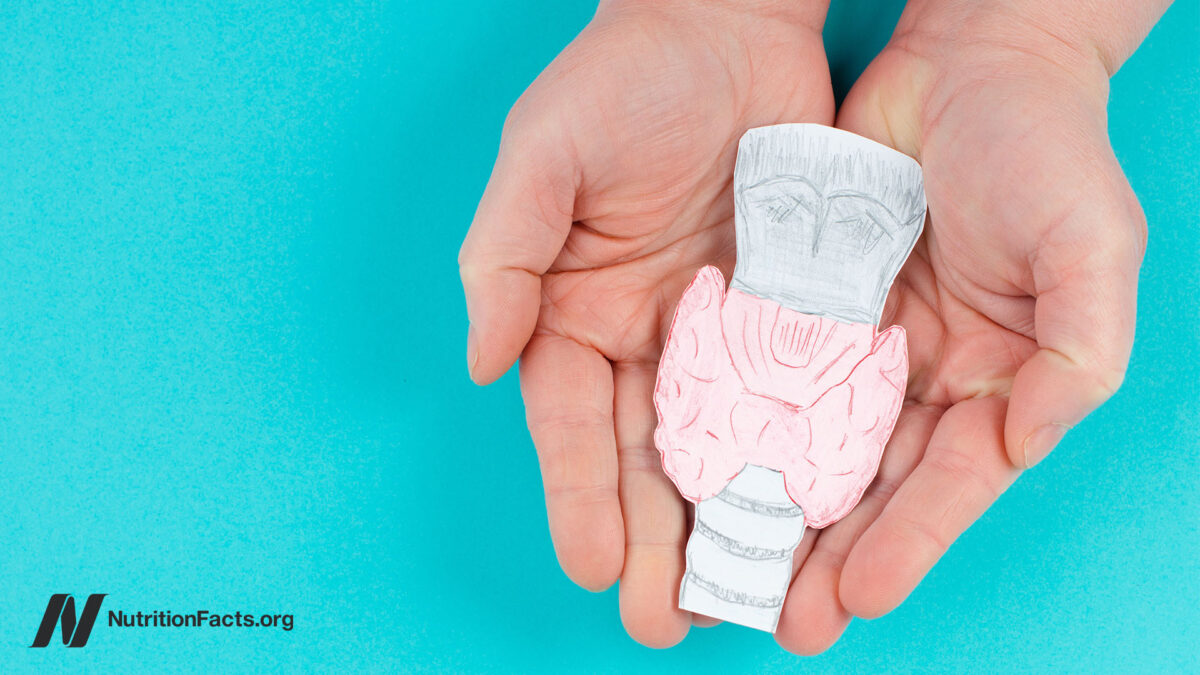Google Issues Statement About Support for Cross-Domain Canonicals via @sejournal, @martinibuster
Google clears the air about their support for the canonical link element The post Google Issues Statement About Support for Cross-Domain Canonicals appeared first on Search Engine Journal.

Google offered a statement to clarify their support for the cross-domain canonical link element (rel=”canonical”), pointing out limitations in how they use it, saying that they still try to use the cross-domain canonicals while also pointing out where it’s not recommended.
Google this week meant to simultaneously publish updates to multiple pages with guidance around cross-domain canonicals but instead they were published in a staggered manner, which caused confusion as to whether Google still supported cross-domain canonicals.
There are two changes to make note of.
1. Google clarified their guidance on duplicate content for news publishers who syndicate content in Google News.
This is the new content added to the guidance on what to do about syndicating content:
“Tip: If you want to avoid duplication by syndication partners, the canonical link element is not recommended because syndicated articles are often very different in overall content from original articles.
Instead, partners should use meta tags to block the indexing of your content.
Learn more about the canonical link element.
Avoid duplication on your own site
If you publish the same article on multiple pages within your own site, you can use the rel=”canonical” link element.
Learn how to specify a canonical.“
The update doesn’t represent a change in policy, it’s just meant to make the guidance clearer regarding how to avoid duplication when syndicating content.
2. Google also clarified the guidance on content that must be blocked from Google news.
Specifically the change was made for publishers who republish the entire content such as from wire services, in partnership with other publishers or from public domain sources.
The most important change was to remove the guidance encouraging publishers to consider using the canonical.
The original page contained the following suggestion:
“Consider blocking or canonical for republished content”
The updated guidance now suggests this:
“Consider blocking for republished content”
Also, this part was changed to remove the suggestion to consider a canonical.
This is the original suggestion (archive.org snapshot):
“Google News also encourages those that republish material to consider proactively blocking such content or making use of canonical, so that we can better identify the original content and credit it appropriately.”
And this is the updated guidance that is now missing the suggestion to add a canonical:
“Google News also encourages republishers to consider proactively blocking this content, so we can better identify the original content and credit it appropriately.”
It’s important to note that the above pages are considered Guidance and not a statement of policy.
That’s why the guidance uses the word “consider,” which is different from recommending that publishers “must” do something.
Google Issues a Statement About Canonical Link Element
Google offered Search Engine Journal the following statement to make it clear that Google still supports the canonical link element.
They wrote in the email:
“We support the canonical link element, which is primarily designed for use within a site to self-identify what should be considered the canonical version of a page when there might be duplicates or near-duplicates.
We also do try to support canonical across domains, but canonical is not recommended for those who wish to avoid duplication by syndication partners, because the pages are often very different.
We’ve updated some of our guidance about this to better advise those who syndicate content.”
Now it’s clear that Google still supports cross-domain canonical link elements.
They also make it clear that it’s not a recommended practice for publishers who want to avoid duplication from syndicating content.

 Tekef
Tekef 


























![Are You Still Optimizing for Rankings? AI Search May Not Care. [Webinar] via @sejournal, @hethr_campbell](https://www.searchenginejournal.com/wp-content/uploads/2025/06/1-1-307.png)





